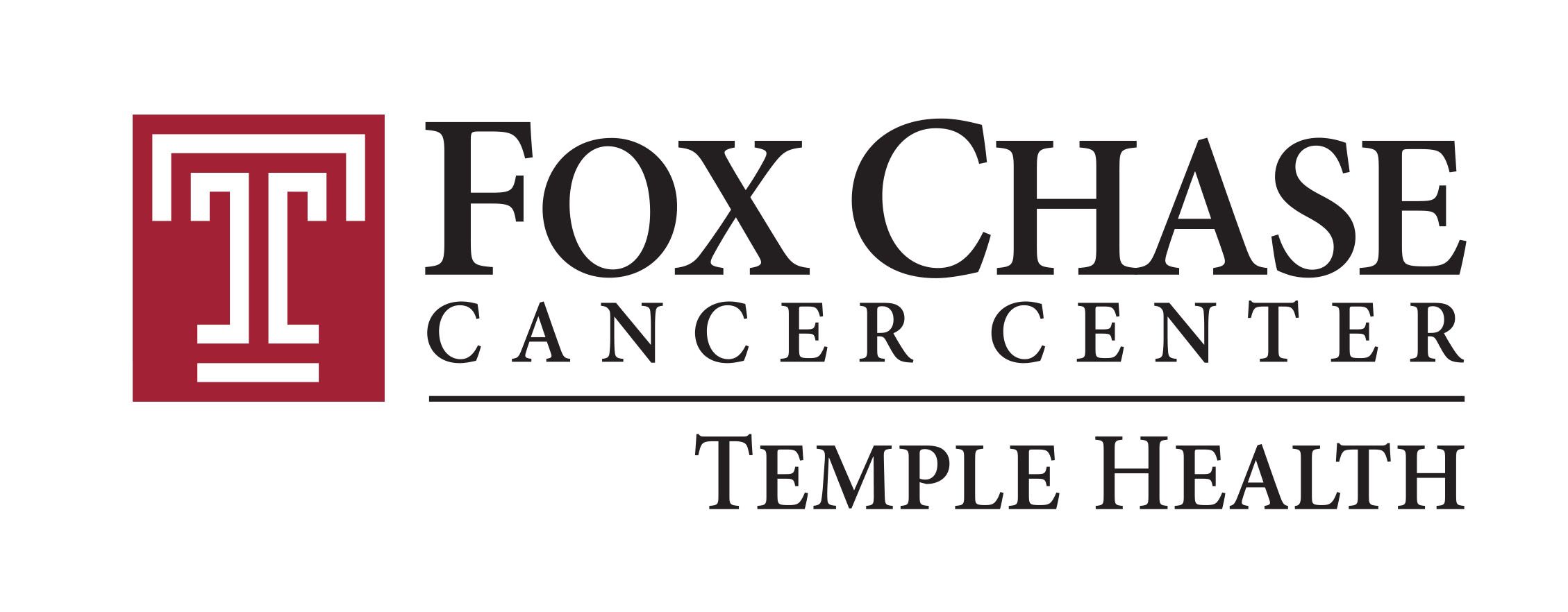- Advertise
- About OncLive
- Editorial Board
- MJH Life Sciences brands
- Contact Us
- Privacy
- Terms & Conditions
- Do Not Sell My Information
2 Clarke Drive
Suite 100
Cranbury, NJ 08512
© 2025 MJH Life Sciences™ and OncLive - Clinical Oncology News, Cancer Expert Insights. All rights reserved.
Cheng Explores the Evolution of Immunotherapy in the Cancer Field
Jonathan D. Cheng, MD, discusses the various categories of immuno-oncology, including checkpoint inhibitors, immunotherapy combinations, and TKIs, that are moving the modality forward.
Developments with immunotherapy in recent years have pushed cancer care forward, and research efforts are now focused on exploring this approach in novel combinations with chemotherapy, other immunotherapy agents, and TKIs, according to Jonathan D. Cheng, MD, who added that further exploration of these regimens will serve to continue to move the needle forward.
“Immunotherapy is a pillar that we will rely on to move forward. Broadly and agnostically, there are many interesting hypotheses to [further explore],” Cheng said. “Such broad and deep [research efforts], and the interesting scientific discoveries have rejuvenated the field of immuno-oncology, and this is exciting to see.”
In an interview with OncLive®, Cheng, an attending physician in the Department of Hematology/Oncology at Fox Chase Cancer Center, discussed the various categories of immuno-oncology, including checkpoint inhibitors, immunotherapy combinations, and TKIs, that are moving the modality forward.
OncLive®: Could you speak to the evolution of immuno-oncology in recent years?
Cheng: The immuno-oncology landscape has come a long way, with checkpoint inhibitors now an important [tool in our treatment] armamentarium. Potential combination strategies include checkpoint inhibitors plus standard-of-care [SOC] agents, dual immunotherapy [regimens], and immunotherapy plus targeted agents. There are [lessons to be learned] with each of these approaches; [we] have [seen] marked successes, as well as negative studies. [We have] an opportunity to learn from both our successes, as well as the trials that may not have reached their primary end points.
What is some of the progress that has been made with the addition of checkpoint inhibitors to SOC agents or regimens?
What we have learned from multiple studies of checkpoint inhibitors or other immunotherapies in combination with SOC, like chemotherapy, is that [this can be] ubiquitous. The hypothesis of whether we can combine with chemotherapy has been answered; the answer is yes.
[These agents] seem to combine well with most chemotherapies, not every single one, but most seem to have additive benefit [with the addition of immunotherapy]. Responses are higher in general with this [kind of] combination, but we also get some durability, which is a hallmark of immunotherapy. It is a relatively ubiquitous finding, across many indications, across many chemotherapy-specific agents, which we did not know until we did many of these trials.
What are you excited about in terms of dual immunotherapy combinations?
This is an interesting area [of research]. PD-1/PD-L1 [inhibitors] have been particularly phenomenal in their clinical effect. [However], we still are trying to understand where many of the other next-generation immunotherapy agents have effect and where [they] do not. There have been notable successes with LAG-3, TIGIT, and CTLA-4 [agents]. These [targets] are currently [being explored] in phase 3 trials. [However, there have been] some notable nonsuccesses, too, where [outcomes are] not the same as [what can be achieved with immunotherapy in] combination with a chemotherapy agent.
What has been seen with immunotherapy in combination with TKIs?
There appears to be greater activity with this approach than what you would see with either agent by itself. The question becomes, is there synergy, specifically when combining with the VEGF TKIs? This is different from dual immunotherapy combinations because many of the agents beyond PD-1/PD-L1 do not have a lot of single-agent activity, yet we have some promising results.
Related Content:





